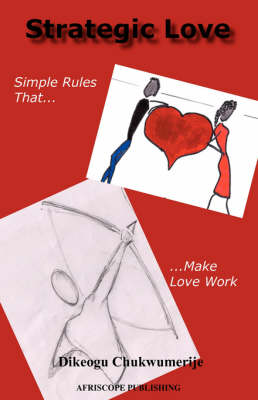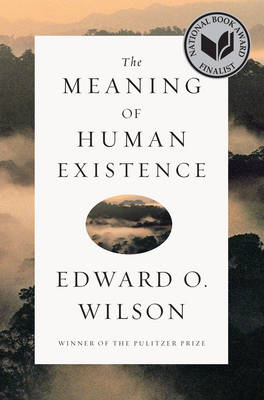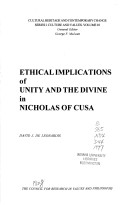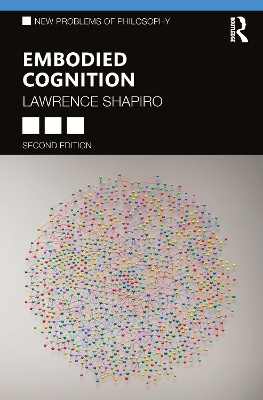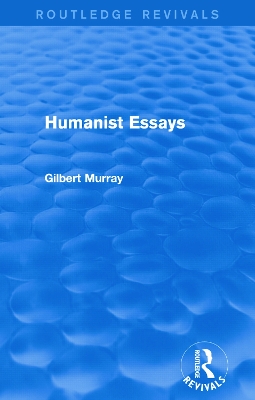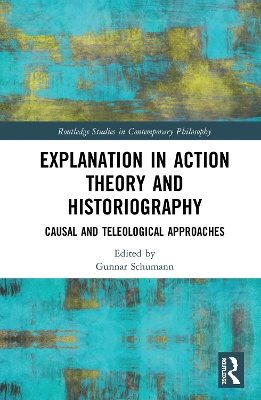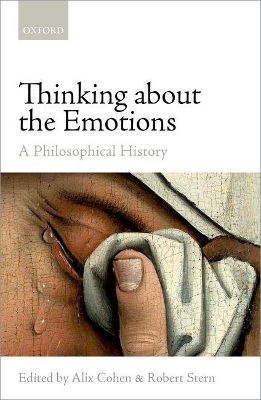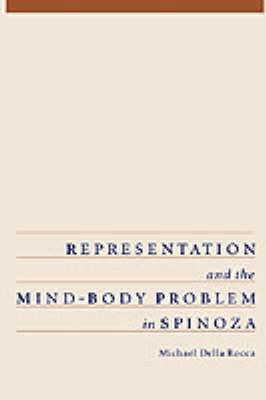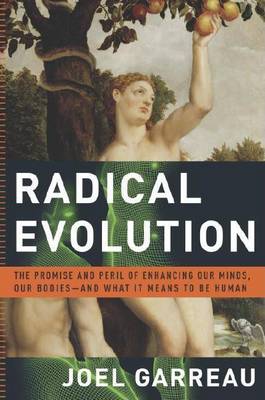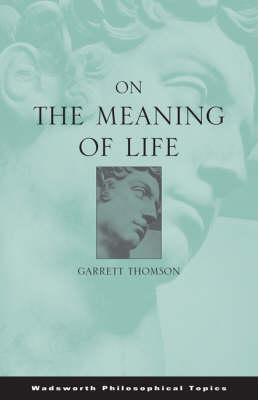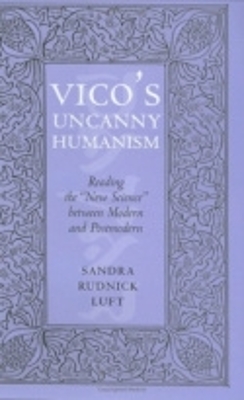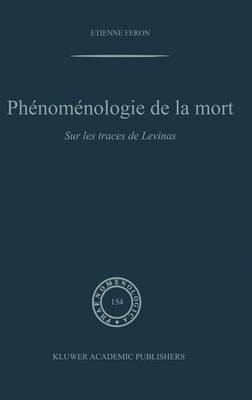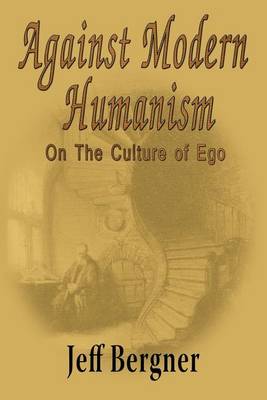Searching for meaning in what Nietzsche called "the rainbow colours" around the outer edges of knowledge and imagination, Edward O. Wilson bridges science and philosophy to create a twenty-first-century treatise on human existence. Once criticised for his over-reliance on genetics, Wilson unfurls his most expansive and advanced theories on human behaviour. Whether attempting to explicate "the Riddle of the Human Species", warning of "the Collapse of Biodiversity" or creating a plausible "Portrai...
The Philosophy of Person (Cultural Heritage and Contemporary Change, #1)
Reasons for Hope (Cultural Heritages and Contemporary Change. Series Iiib, Sou)
How to Think about Meaning. Philosophical Studies Series 109.
by Paul Saka
Embodied cognition is a recent development in psychology that practitioners often present as a superseding standard cognitive science. In this outstanding introduction, Lawrence Shapiro sets out the central themes and debates surrounding embodied cognition, explaining and assessing the work of many of the key figures in the field, including Lawrence Barsalou, Daniel Casasanto, Andy Clark, Alva Noe, and Michael Spivey. Beginning with an outline of the theoretical and methodological commitments o...
Humanist Essays (Routledge Revivals) (Routledge Revivals) (U.Books)
by Gilbert Murray
First published in 1964, this is a short collection of both literary and philosophical essays. Whilst two essays consider Greek literature written at the point at which the Athenian empire was breaking apart, another group explore the background from which Christianity arose, considering Paganism and the religious philosophy at the time of Christ. These, in particular, display Gilbert Murray’s ‘profound belief in ethics and disbelief in all revelational religions’ as well as his conviction that...
Is the appropriate form of human action explanation causal or rather teleological? While this is a central question in analytic philosophy of action, it also has implications for questions about the differences between methods of explanation in the sciences on the one hand and in the humanities and the social sciences on the other. Additionally, this question bears on the problem of the appropriate form of explanations of past human actions, and therefore it is prominently discussed by analytic...
Situatedness, Or, Why We Keep Saying Where We Re Coming from
by David Simpson
Thinking about the Emotions (Mind Association Occasional)
Philosophical reflection on the emotions has a long history stretching back to classical Greek thought, even though at times philosophers have marginalized or denigrated them in favour of reason. Fourteen leading philosophers here offer a broad survey of the development of our understanding of the emotions. The thinkers they discuss include Aristotle, Aquinas, Ockham, Descartes, Malebranche, Spinoza, Hobbes, Hume, Shaftesbury, Hutcheson, Kant, Schiller, Schopenhauer, Nietzsche, James, Brentano,...
Representation and the Mind-Body Problem in Spinoza
by Michael Della Rocca
This first extensive study of Spinoza's philosophy of mind concentrates on two problems crucial to the philosopher's thoughts on the matter: the requirements for having a thought about a particular object, and the problem of the mind's relation to the body. Della Rocca contends that Spinoza's positions are systematically connected with each other and with a principle at the heart of his metaphysical system: his denial of causal or explanatory relations between the mental and the physical. In th...
Taking us behind the scenes with today’s foremost researchers and pioneers, bestselling author Joel Garreau shows that we are at a turning point in history. At this moment we are engineering the next stage of human evolution. Through advances in genetic, robotic, information, and nanotechnologies, we are altering our minds, our memories, our metabolisms, our personalities, our progeny–and perhaps our very souls. Radical Evolution reveals that the powers of our comic-book superheroes already e...
This brief text assists students in understanding The Meaning of Life philosophy and thinking so they can more fully engage in useful, intelligent class dialogue and improve their understanding of course content. Part of the Wadsworth Notes Series, (which will eventually consist of approximately 100 titles, each focusing on a single thinker from ancient times to the present), ON THE MEANING OF LIFE is written by a philosopher deeply versed in the philosophy of this key thinker. Like other books...
Sandra Luft, in her ambitious postmodernist reading of Vico's profoundly influential New Science, asserts the "strangeness" of texts that struggle to understand human existence outside the assumptions of traditional humanism. One of her central arguments is that Vico as a thinker moved toward such an alien understanding. Despite his warning against the tyranny of "familiar conceits," his work is commonly read within the traditional philosophic assumptions of the West—assumptions that she shows c...
Inspired by Levinas, but in constant dialogue with Heidegger, Feron considers death to be a phenomenon that lies within the reach of phenomenology. The act of the other's death is essentially a decease, a break affecting the identity. It forces man to consider the fundamental intersubjectivity inscribed in his temporality. Viewed in this way, death does not look merely like the term of life coming to an end. Nor is it a passage to somewhere beyond. Rather, it lies at the core of the act of relat...
The Mind's Provisions (New French Thought)
by Directeur Vincent Descombes
The Complete Works of Friedrich Nietzsche (Volume 7); The First Complete and Authorized English Translation
by Friedrich Wilhelm Nietzsche
The Complete Works of Friedrich Nietzsche (Volume 8); The First Complete and Authorized English Translation
by Friedrich Wilhelm Nietzsche
